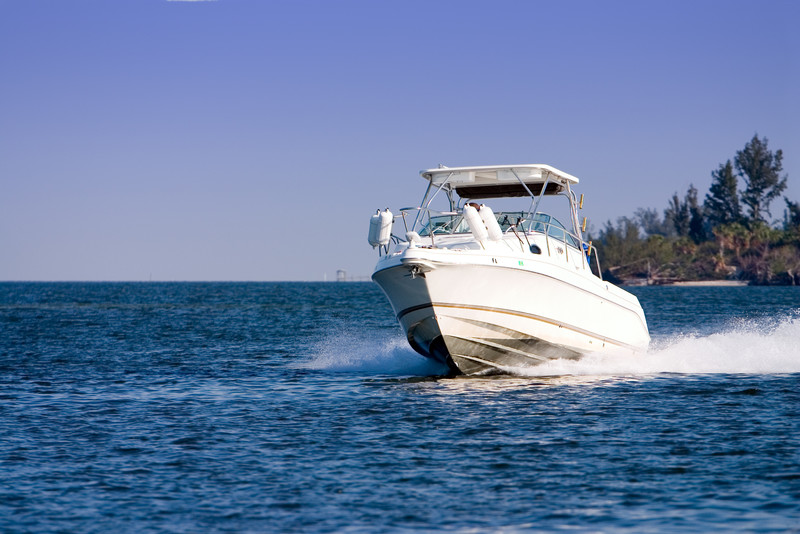Congratulations on being a new boat owner! Whether you use your new purchase for racing, fishing, or just lounging about, boat ownership is all about enjoying your leisure time. As you probably already know, boats are a lot of work, but you get out of them what you put in. Having the right equipment is important, not just for fun, but for boat safety as well. Equally as important, is having the right knowledge.
Boat Insurance
Although boat insurance can be complicated, focus on two main areas:
1) Insurance Provider.
Talk with other boat owners to find out their recommendations and make sure the insurer wants to understand your situation. If you’re in a hurricane-prone area, you’ll need to consider hurricane haul-out protection. If you have a fuel tank on your boat, you’ll need to consider fuel spill containment clean-up coverage.
2) Understand the difference between Agreed Value and Actual Cash Value.
Agreed Value typically has higher premiums, but doesn’t take into account depreciation of your equipment. Actual cash value will be less expensive up front but will pay out a lot less if you do make a claim, since it takes into account the actual market value of your boat at the time of the damage.
Operation Read The Owner’s Manual
You’d be surprised how many people don’t take the time to look at their manuals before they find themselves facing a problem.
The owner’s manual of your boat, which you can also sometimes find online, gives you basic safety information, like the load limits, power capacity, and lifesaving equipment on board. It describes the features of your boat including passenger locations, dimensions, and other attributes.
The manual will also describe the equipment operation on your boat including: controls, gauges. the fuel system, and more. Within the manual, you can find the fundamentals of boat use and important service and maintenance information, including how to keep the interior and exterior of your boat clean. This is also where you can find any warranty information your boat may have and how to order service, repairs and parts if your manufacturer offers such a service.
Learning About Safety
You’ll learn safety tips in both your owner’s manual and from other boat owners but nothing takes the place of a dedicated safety course. The United States Coast Guard offers a boat safety app and recommends several organizations that have both free and certification safety courses.
Additionally, you should know that almost every U.S. state has a legal boating under the influence law on the books and you can face severe penalties if you are caught drinking alcohol and operating a boat. Fines and jail time are common penalties, while some states even suspend boat licenses and driver’s licenses for repeat offenders.
Understanding Weather Warnings
Estimating both wind speed and wave height are important skills that every boater should learn, since your vessel is designed to withstand only certain conditions and becomes unsafe when outside that range. There are charts that are helpful in estimating wind speeds but that is no substitute for learning to understand weather warnings. Estimating wave height is a little more complicated but is usually covered in boating courses and guides.
Three weather signs to watch for:
– Lightning strikes, which can indicate incoming storms
– Heavy static on your AM radio, which can indicate pressure changes and nearby thunderstorm activity
– A sudden change in wind direction or speed, which can indicate incoming inclement weather
First-time boat ownership is a fun and exciting time. Learning to be prepared for whatever comes your way is an important factor for making sure you’ll have smooth sailing for years to come.
Southeast Financial can help with any bad credit boat loan needs. Contact us today to see how we can help!


